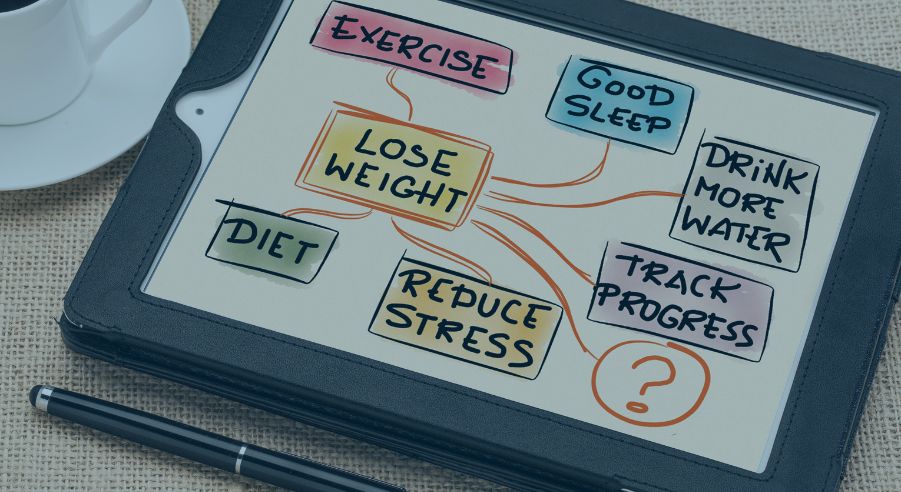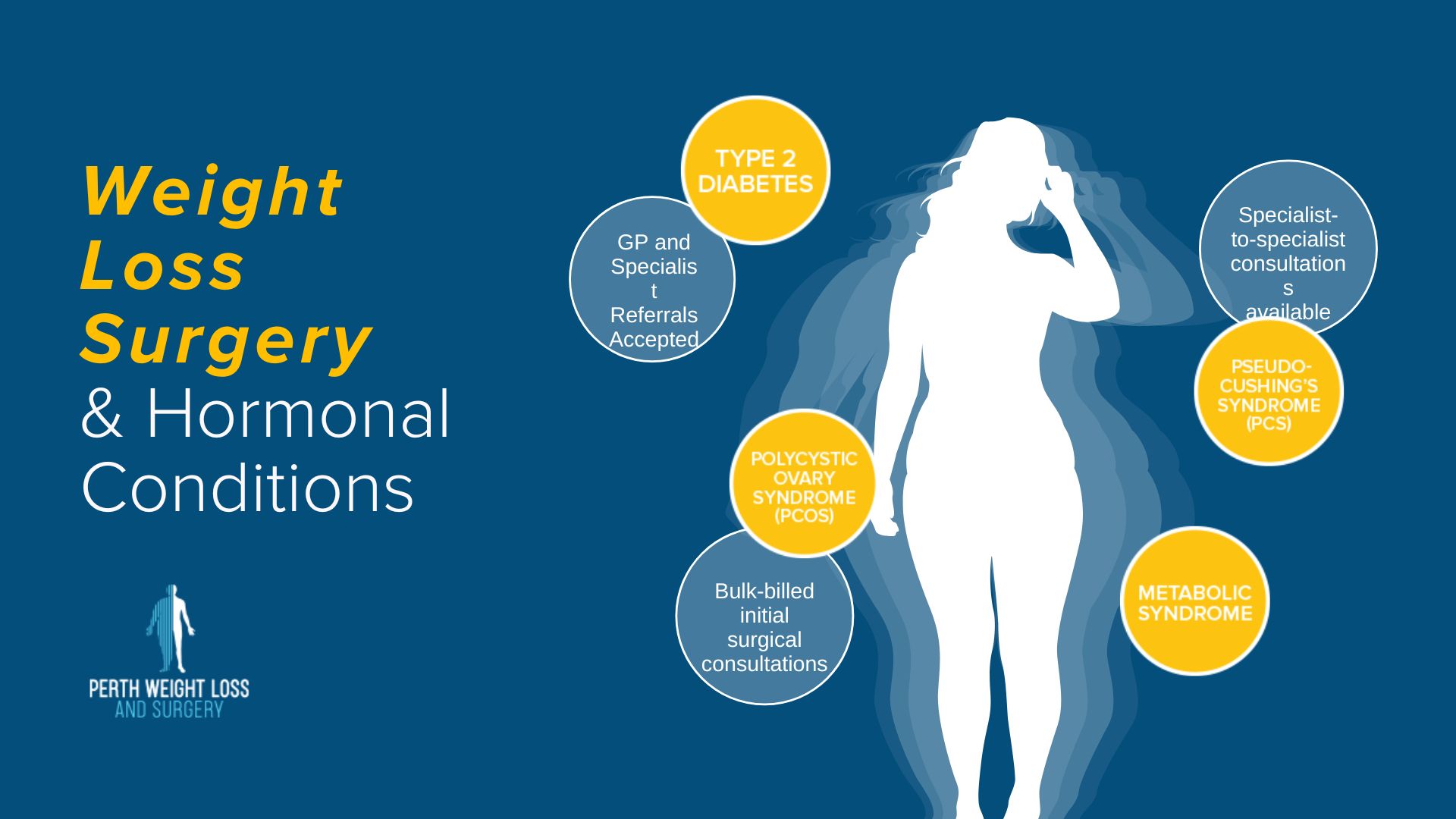Emotional Eating: How Your Mood Can Affect Your Eating Habits
Our eating habits are inherently linked to our moods and emotions. For example, we eat when celebrating and when grieving.
However, relying on food to help relieve stress or lift a low mood can lead to emotional eating and unhealthy eating patterns.
After undergoing weight loss surgery, it is essential to maintain healthy eating habits and follow your doctor’s instructions carefully. However, those that struggle with emotional eating may need more support during the post-surgery period.
What causes emotional eating?
The main cause of emotional eating is stress. This may include:
- work or study stress
- relationship stress – romantic, friendships, or family
- stress caused by negative self-talk / not feeling ‘good enough.’
Emotional eating can also be related to changes in hormone and cortisol levels. For this reason, it is essential to reduce stress as much as possible after bariatric surgery.
What is the difference between physical hunger and emotional hunger?
It is important to pay attention to how hunger develops. If it develops suddenly, it may be emotional hunger. If it develops slowly and grows over time, it’s usually physical hunger.
Also, emotional hunger often drives you to overindulge in a limited selection of certain foods. Whereas with physical hunger, you feel happy to eat a wide variety of food groups. Pay attention to these feelings after your weight loss surgery.
The Importance of Emotional Support After Weight Loss Surgery
After bariatric surgery, it is important to have solid emotional support. This should come into consideration when choosing a Perth weight loss surgery clinic.
For example, Perth Weight Loss and Surgery offer psychological support to our clients every step of the way. This allows us to help you manage stress and avoid unhealthy emotional eating patterns.
To learn more about weight loss surgery and healthy eating habits after surgery, get in contact to book a consultation with Dr Siva Gounder.




